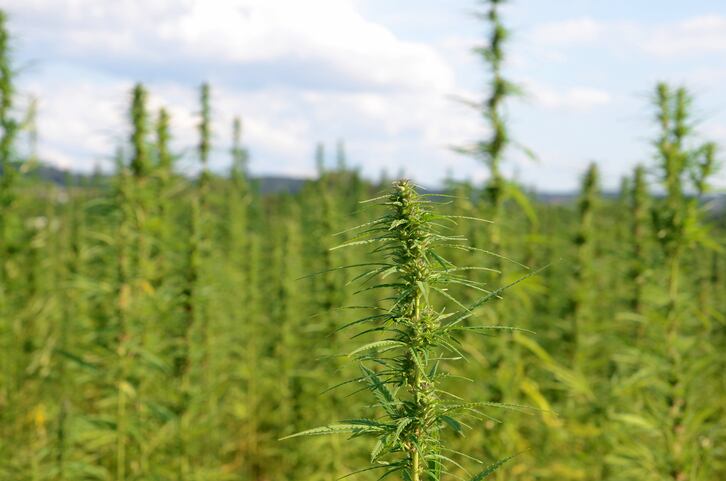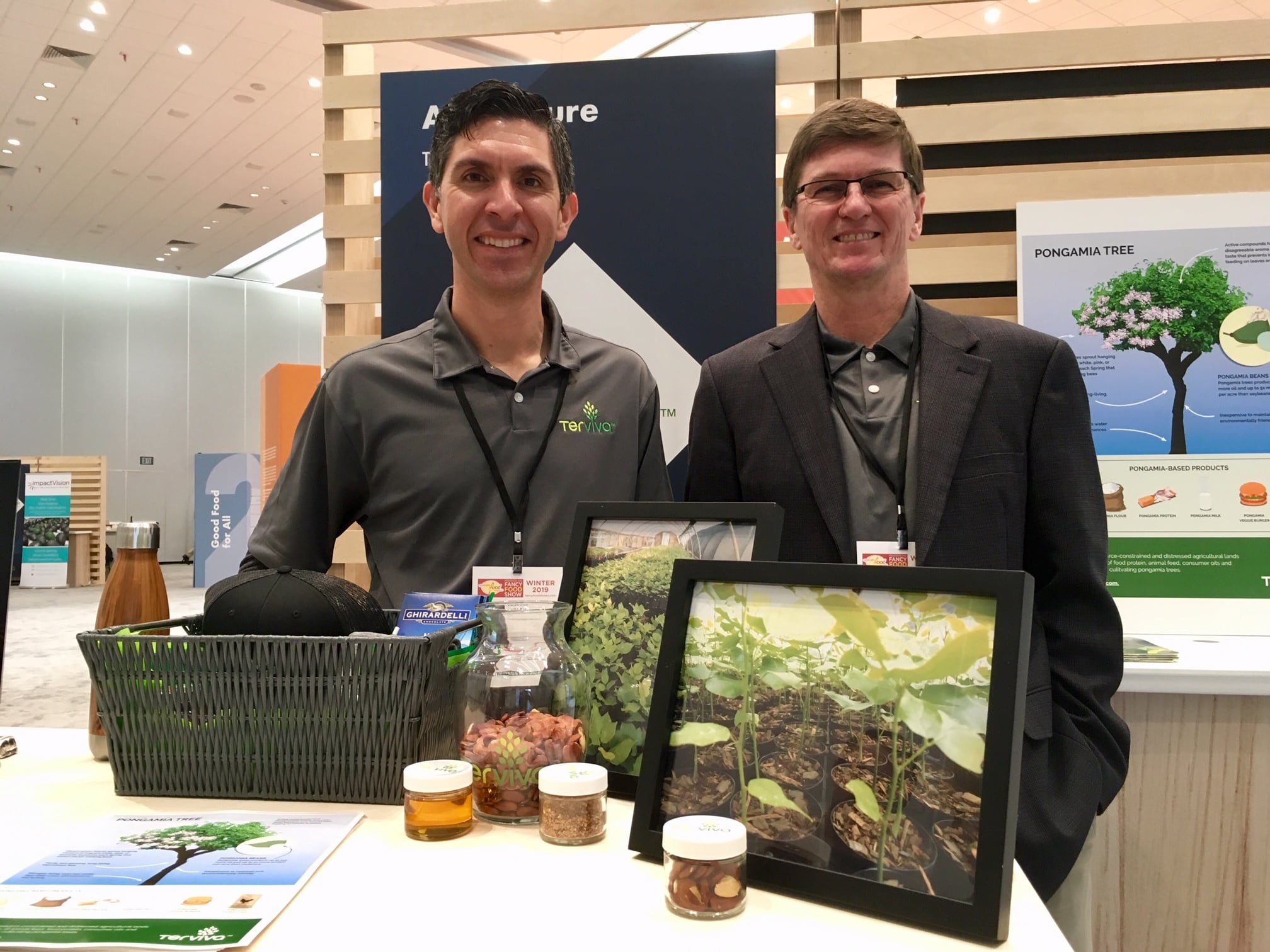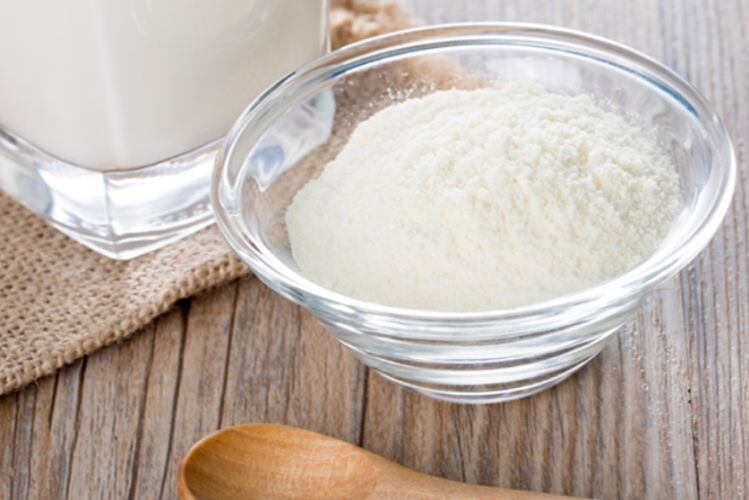"Bottlenecks are to be expected in this context, particularly in protein supply," said Thomas Hofmann, the chair of food chemistry and molecular sensory science at the Technical University of Munich (TUM) and co-author of the study published in the Journal of Agricultural and Food Chemistry.
According to Hoffman and his team of researchers, rapeseed (a member of the Brassicaceae mustard or cabbage family) oil has the potential to be a viable source of protein in food applications if its bitter aftertastes can be improved.
Rapeseed, commonly used for its oil content, is also the source of many essential amino acids,. In fact, approximately 1.12 million tons of crude protein are produced annually from rapeseed oil.
Farmers have traditionally used rapeseed protein in animal feed, but it has not played a role in human nutrition due to accompanying substances that impart a very bitter taste profile, noted researchers at TUM.
Identifying bitter off-tastes
Hoffmann and his team investigated which bitter substances cause the rapeseed protein's unpleasant bad taste using mass spectrometric analysis methods and taste tests.
The first isolate was an extract of all the proteins contained in rapeseed meal. The second isolate predominantly contained cruciferin and the third contained a protein isolate called napin, which are the rapeseed's two main storage proteins, according to the study.
All three isolates had a protein content of 80% to 90%.
The researched showed for the first time, a compound called 'kaempferol 3-O-(2'''-O-sinapoyl-ß-sophoroside)' is the key substance that makes protein extracts from rapeseed inedible.
The cruciferin isolate in particular contained a large amount of this bitter substance with 390 milligrams per kilogram. The rapeseed meal and napin isolate had less than a tenth of the quantity, but still tasted bitter in the sensory test.
"Since we now know the cause of the bitter off-taste, it is much easier to develop suitable technological processes or breeding strategies that can be used to produce tasty, protein-rich foods from rapeseed," noted co-author Corinna Dawid, who heads the Phytometabolomics research group at TUM.




